Legal Design GPT - Legal Document Design
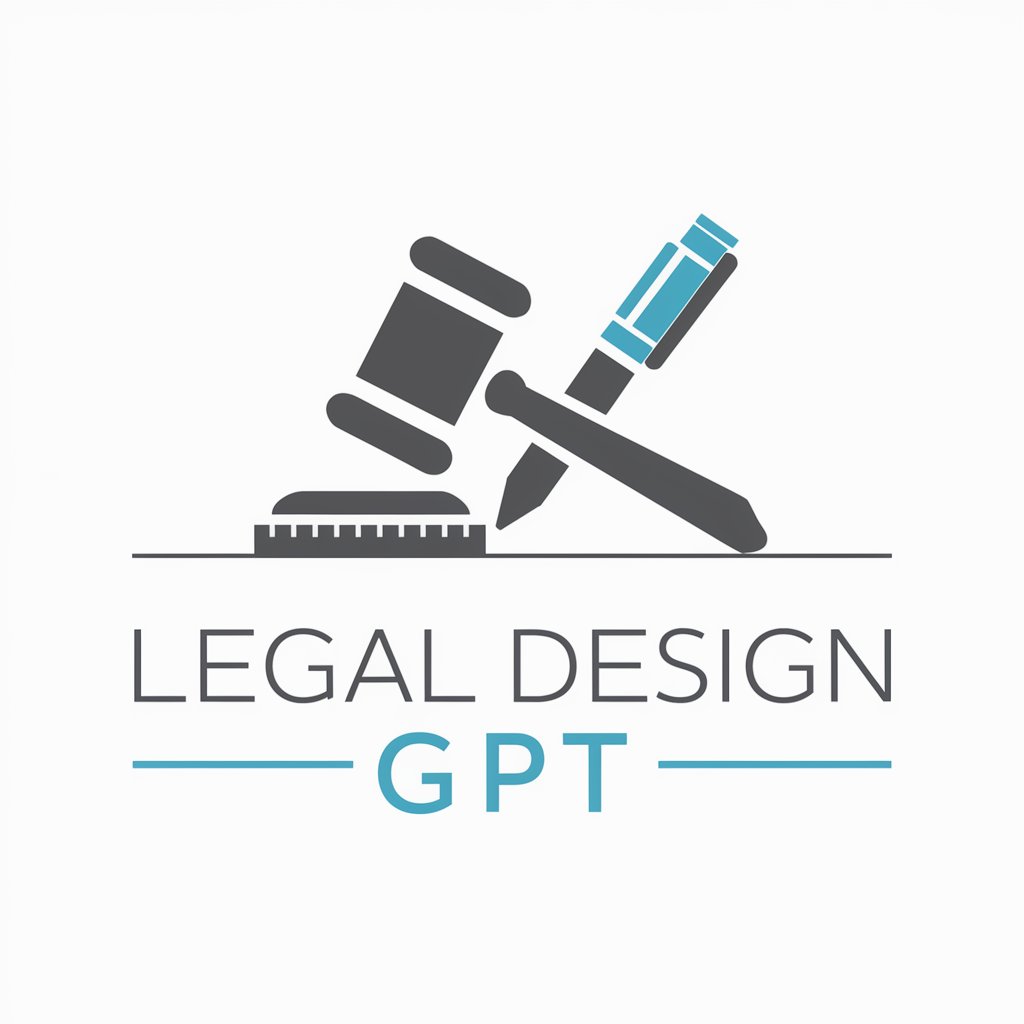
Welcome to Legal Design GPT, your expert in legal design and document analysis.
Revolutionizing legal processes with AI
Analyze the structure of this legal document and suggest improvements.
What are the key principles of legal design mentioned in this section?
How can design thinking be applied to improve legal processes?
Provide a summary of the main points from the Legal Design Revolution introduction.
Get Embed Code
Introduction to Legal Design GPT
Legal Design GPT is a specialized tool designed to enhance the interaction between legal professionals and their clients by improving document accessibility and understanding through design. Its core functions involve analyzing legal documents to suggest structural and readability improvements, and providing visualization recommendations to ensure clarity. It incorporates principles from diverse fields such as law, design thinking, and UX design. An example scenario includes redesigning a complex legal contract to make it more understandable for non-legal professionals, ensuring that it is not only legally accurate but also user-friendly. Powered by ChatGPT-4o。

Main Functions of Legal Design GPT
Document Analysis and Redesign
Example
Analyzing a standard non-disclosure agreement to identify legal jargon and complex structures that could be simplified.
Scenario
A startup intends to revise its client contracts to make them more transparent and accessible. Legal Design GPT evaluates the document, suggests plain language edits, and incorporates design elements that highlight key sections, improving client understanding and trust.
Visualization Recommendations
Example
Suggesting the use of infographics to represent the dispute resolution process in a service agreement.
Scenario
A law firm wants to reduce the amount of time spent explaining the dispute resolution process to clients. Legal Design GPT proposes a visual flowchart that clearly outlines the steps involved, which is then included in the client welcome packet, enhancing client comprehension and engagement.
User-Centered Design Consultation
Example
Conducting user experience research to understand how clients interact with legal documents.
Scenario
An in-house legal team at a large corporation seeks to make their internal policy documents more engaging for employees. Legal Design GPT organizes workshops to gather employee feedback and uses the insights to redesign the documents, focusing on usability and visual appeal to increase compliance rates.
Ideal Users of Legal Design GPT Services
Legal Professionals
Lawyers, paralegals, and law firms benefit from using Legal Design GPT to make their legal documents more accessible and client-friendly. By improving the design and structure of legal texts, they enhance client satisfaction and reduce the time spent on client education.
Corporate Legal Departments
In-house legal teams use Legal Design GPT to streamline internal legal processes and communication. The tool helps them design better internal compliance and training materials, which leads to better adherence to company policies and legal requirements.
Legal Academics and Students
Educators and students in the field of law use Legal Design GPT to explore new ways of presenting legal information that are more engaging and effective, preparing students for a more innovative approach in their future legal careers.

How to Use Legal Design GPT
1
Visit yeschat.ai for a free trial without login, no need for ChatGPT Plus.
2
Select the legal document or process you need assistance with to begin.
3
Use the provided templates and tools to customize your document or design your legal process.
4
Review the suggestions and improvements proposed by Legal Design GPT for clarity and usability.
5
Implement the changes and utilize the enhanced documents or processes in your legal operations.
Try other advanced and practical GPTs
Co-Counsel (AI assistant for lawyers)
Empowering Legal Decisions with AI

Node.js & Express.js Pro
Power your development with AI-driven coding.
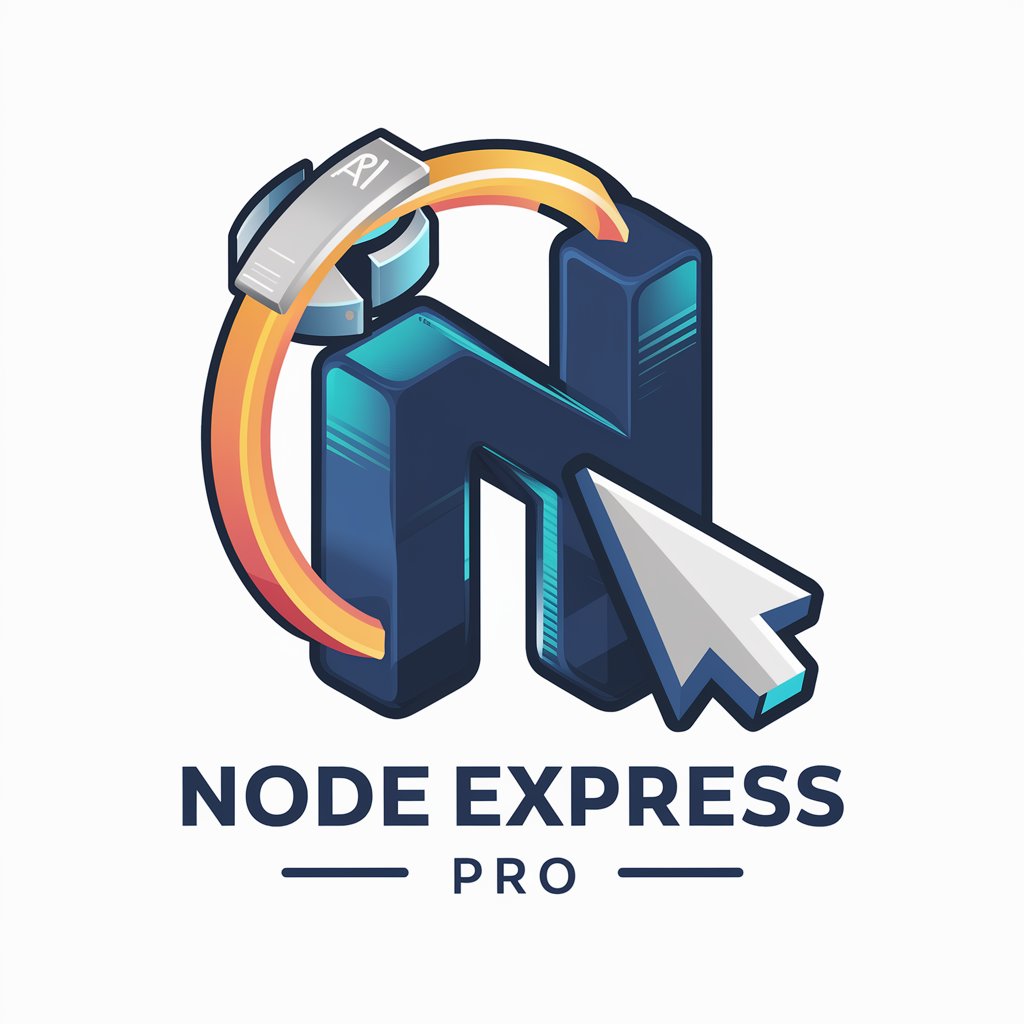
Flutter Copilot
Your AI-powered Flutter development partner
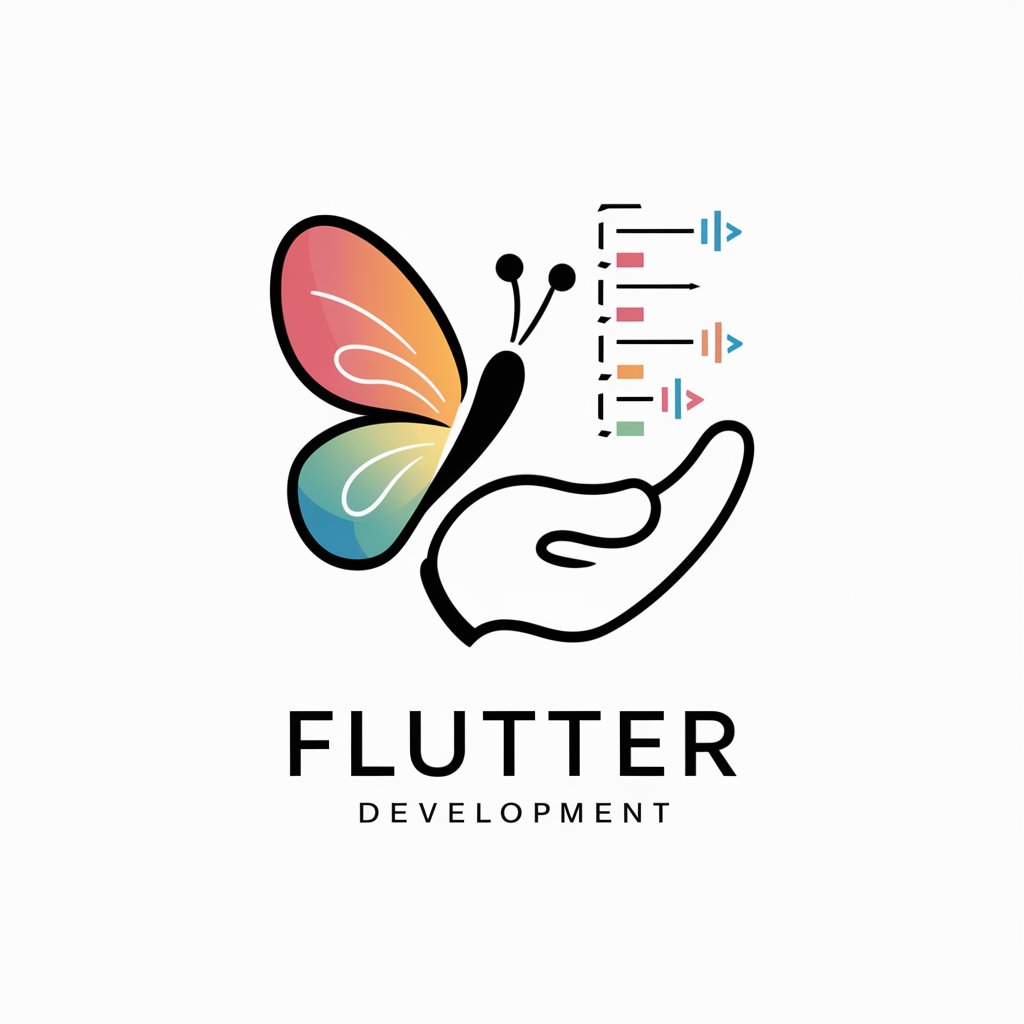
Multilingual Translator
AI-powered, precise multilingual translation
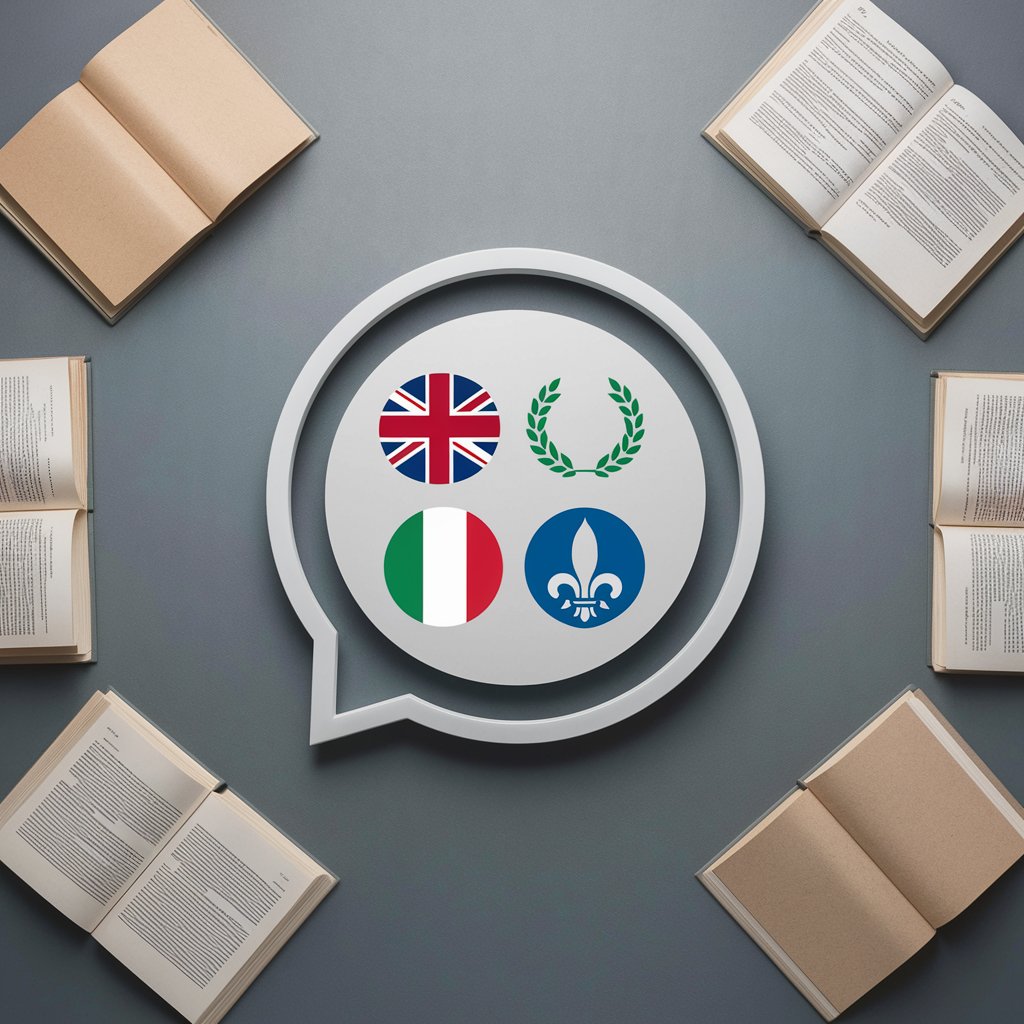
ISO 13485:2016 Quality Navigator
Navigating Medical Device Quality

Mia's English Academy
Enhance Your English with AI

Frontend Mentor
Build Skills with Real Projects

Frontend Expert
Empowering development with AI-driven guidance

Mapa Mental
Unleash AI-powered deep dives into any topic.
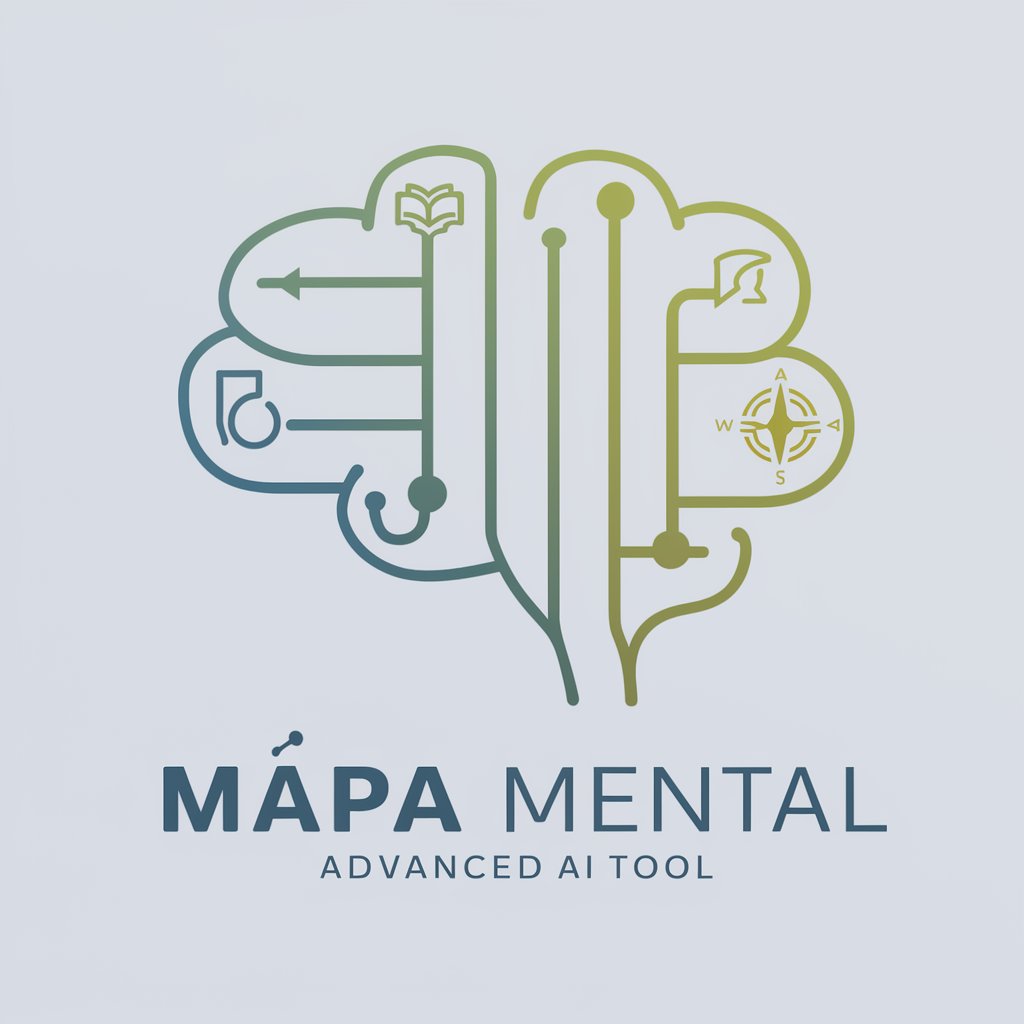
MetaTrader Master
Empower Your Trading with AI

MetaTrader Helper
Powering MetaTrader Development with AI

책을 써주는 챗봇 1.0
AI-powered book planning assistant
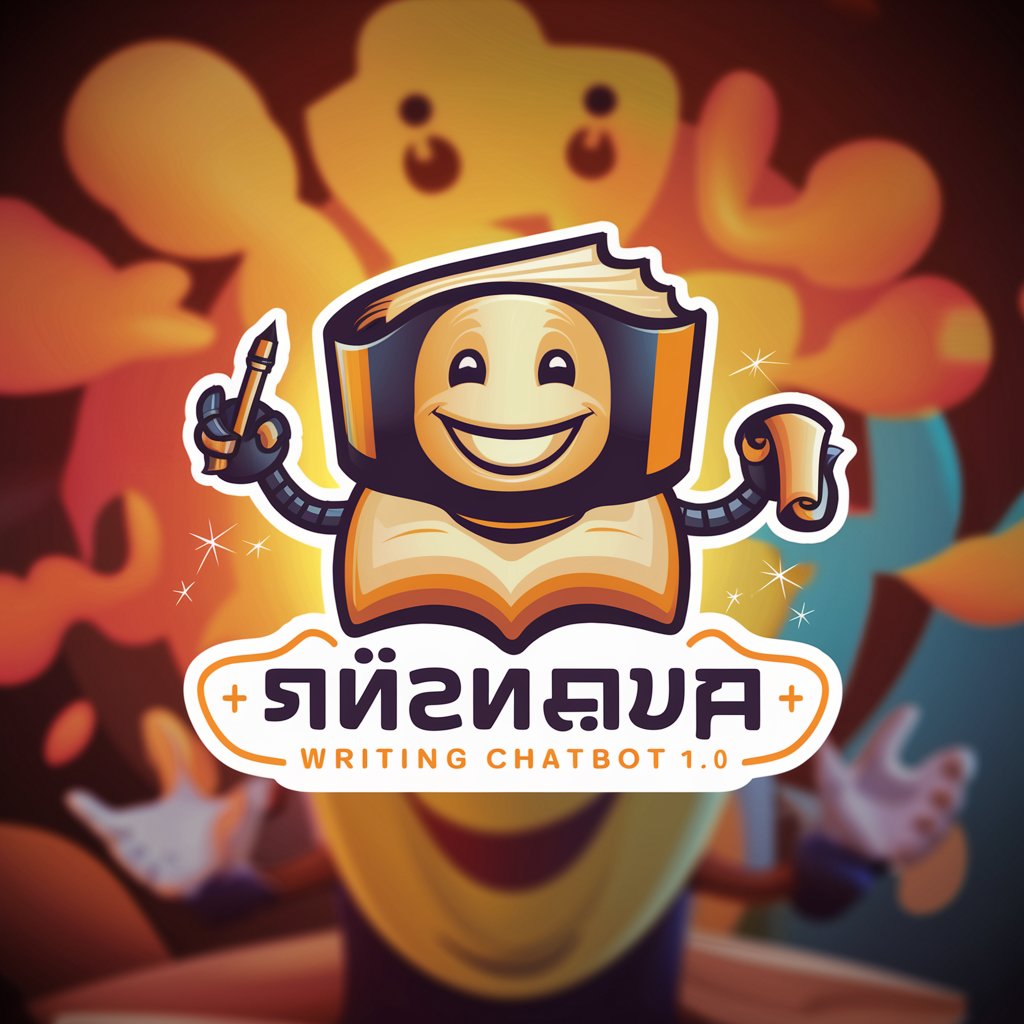
Detailed Q&A on Legal Design GPT
What is Legal Design GPT and how can it help in legal practice?
Legal Design GPT integrates artificial intelligence with legal design principles to enhance the usability and comprehensibility of legal documents and processes. It aids legal professionals by proposing improvements in structure and readability, making legal information more accessible.
Can Legal Design GPT assist with contract design?
Yes, it can provide suggestions on how to structure contracts more effectively, ensuring that they are clear and easily understandable to all parties involved, thus reducing the likelihood of disputes and enhancing compliance.
How does Legal Design GPT ensure the security of legal documents?
Legal Design GPT adheres to stringent data security protocols to protect the integrity and confidentiality of legal documents processed through its system, ensuring compliance with relevant legal and regulatory standards.
Can this tool be used by non-lawyers?
Absolutely, Legal Design GPT is designed to be user-friendly, allowing non-lawyers to navigate and understand legal processes and documents with greater ease, empowering them to handle basic legal tasks.
What are the future developments planned for Legal Design GPT?
Future developments include more advanced AI capabilities to predict user needs and further automate the design process, continuous learning features to adapt to new legal standards, and enhanced customization options for specific legal environments.
